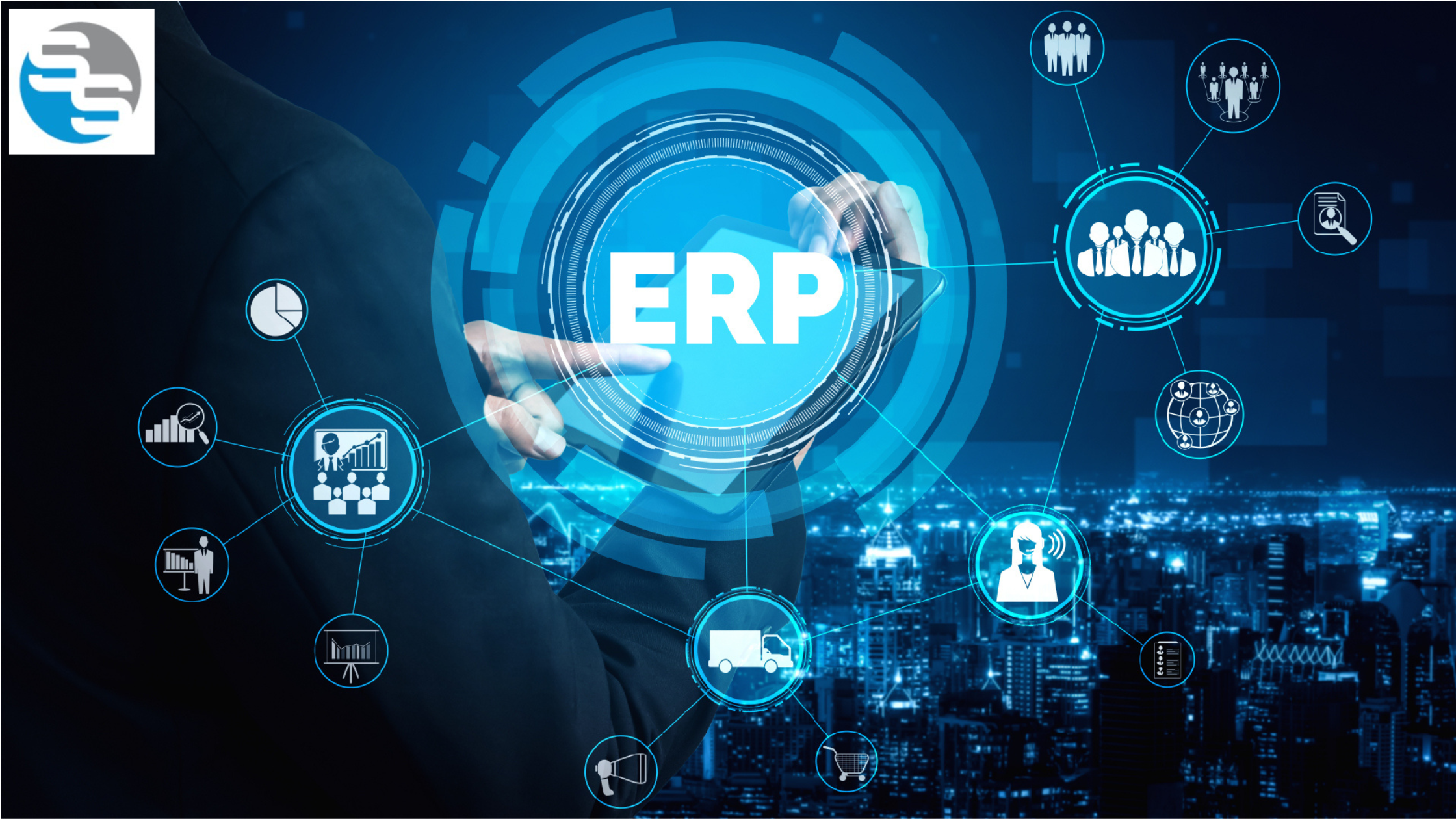ERP (Enterprise Resource Planning) accounting software offers several benefits to businesses.
Here are some key advantages of using ERP accounting software:
Streamlined Financial Management: ERP accounting software centralizes financial data and provides a unified view of financial transactions, including accounts payable, accounts receivable, general ledger, and cash flow. This streamlines financial management processes, improves accuracy, and allows for better decision-making based on real-time financial information.
Automation of Accounting Processes: ERP accounting software automates routine accounting tasks, such as invoice generation, expense tracking, and reconciliation. This reduces manual data entry, minimizes errors, and saves time for accounting staff, enabling them to focus on more value-added activities.
Improved Financial Reporting: ERP accounting software provides robust reporting capabilities, allowing businesses to generate comprehensive financial reports, balance sheets, income statements, and cash flow statements with ease. These reports offer insights into financial performance, trends, and key metrics, enabling better financial analysis and planning.
Enhanced Data Accuracy and Integrity: With ERP accounting software, data is entered and stored in a centralized database, reducing the risk of data duplication, inconsistencies, or errors. This promotes data accuracy, integrity, and reliability, ensuring that financial information is reliable for decision-making and regulatory compliance.
Integration with Other Business Functions: ERP accounting software integrates with other modules or systems within the ERP framework, such as inventory management, sales, procurement, and customer relationship management (CRM). This integration allows for seamless data flow between different functions, eliminating data silos and providing a holistic view of business operations.
Regulatory Compliance: ERP accounting software helps businesses adhere to regulatory requirements and industry standards. It can automate compliance processes, such as tax calculations, financial audits, and regulatory reporting. This reduces compliance-related risks and ensures accurate and timely submission of financial information.
Scalability and Flexibility: ERP accounting software is designed to accommodate the evolving needs of growing businesses. It can handle increased transaction volumes, support multiple currencies and languages, and adapt to changing accounting practices or regulations. This scalability and flexibility enable businesses to expand and adjust their financial operations as required.
Cost and Time Savings: By automating accounting processes, eliminating manual data entry, and providing real-time visibility into financial data, ERP accounting software saves time and reduces costs associated with manual bookkeeping, data reconciliation, and financial reporting. It also minimizes the risk of errors, which can lead to financial losses or penalties.
Enhanced Collaboration and Communication: ERP accounting software facilitates collaboration and communication between different departments within an organization. Financial information can be shared securely, and approvals or workflows can be streamlined. This improves cross-functional collaboration, enhances communication between finance teams and other departments, and promotes efficient decision-making.
Business Insights and Planning: ERP accounting software provides valuable insights into financial data, enabling businesses to make informed decisions and plan for the future. It offers real-time visibility into key financial metrics, trends, and performance indicators. This helps businesses identify areas for improvement, optimize financial processes, and develop strategic plans based on accurate and up-to-date financial information.
In summary, ERP accounting software offers streamlined financial management, automation of accounting processes, improved financial reporting, enhanced data accuracy and integrity, integration with other business functions, regulatory compliance, scalability and flexibility, cost and time savings, enhanced collaboration and communication, and valuable business insights and planning. These benefits can contribute to improved financial performance, operational efficiency, and strategic decision-making for businesses of all sizes.




